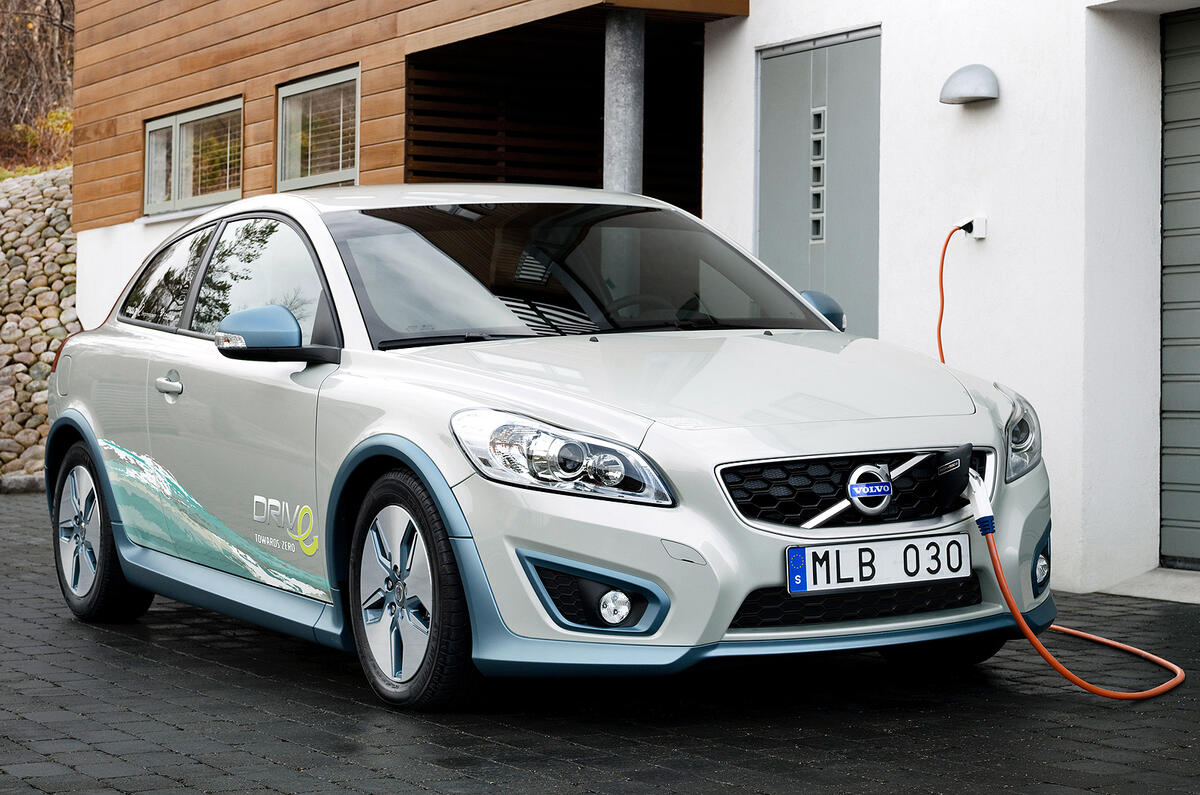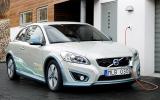Volvo has confirmed it is developing fuel cell technology to boost the range of its next-generation of electric cars.
According to Volvo the new technology is expected to increase range by up to 150 miles on top of its C30 electric car’s current capability of 93 miles.
The preliminary study consists of a fuel cell with a reformer: in this case, petrol is broken down into hydrogen gas, which produces electricity for the batteries. The end products are electricity, water and a small amount of carbon dioxide. The technology can also be adapted for renewable fuels.
Read Autocar's first drive of the electric Volvo C30
Volvo CEO Stefan Jacoby said, "This is an exciting expansion of our focus on electrification. Battery cost and size means that all-electric cars still have a relatively limited operating range. Fuel cells may be one way of extending the distance these cars can cover before they need to be recharged"
Volvo’s aim is to have two prototype vehicles up and running for testing in 2012.
"We have just taken the first steps and it is naturally too early to talk about market introduction of electric cars with range extenders," said Jacoby. "The industrial decision will come after we have learned more about fuel cells and the opportunities they offer."










Join the debate
Add your comment
Re: Volvo's developing fuel cell tech
Why not using just water! The technology already exists,and the project financed from EU is on the move in Germany,Denmark and in Norway!